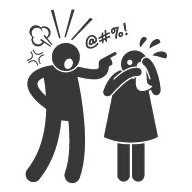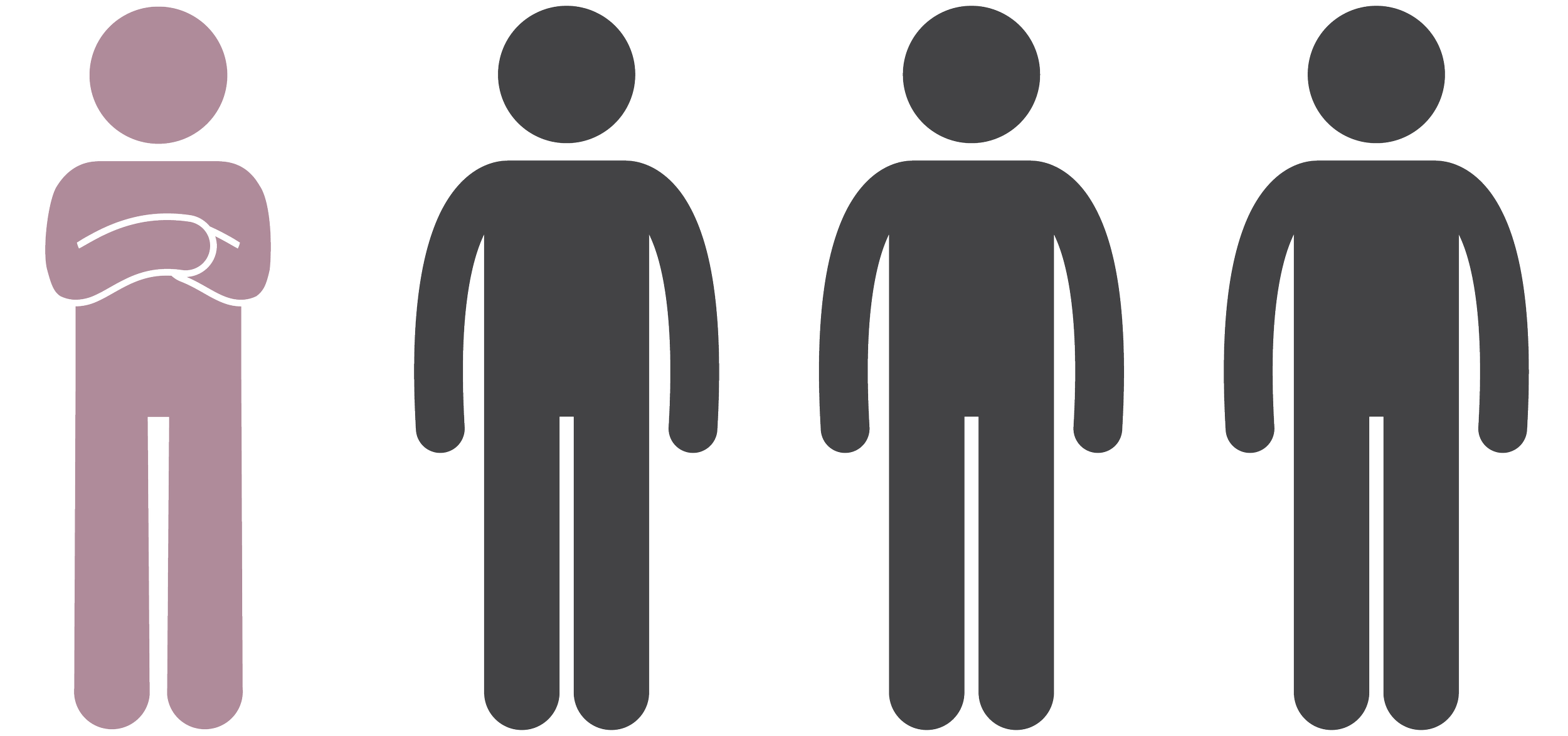Make Common Signs of
Domestic Abuse Common Knowledge
Survivors are abused in many ways. The most common are shown below.
Domestic abuse is when a person is often hurt by someone they know or love.
The Domestic Violence Power and Control Wheel
For anonymous, confidential help call the 24-hour national hotline: 1-800-799-SAFE (7233). Or visit www.TheHotline.org
-

Isolate
Controls who partner sees
Controls where partner goes -

Use Kids
Threatens to take kids
Turns kids against partner -

Emotional & Verbal
Puts down/calls names
Makes partner feel crazy -

Money
Keeps partner from their job
Controls money decisions -

Intimidate
Has explosive outbursts
Destroys property -

Threats
Threatens to harm partner
Threatens to harm self -

Minimize, Deny, Blame
Says partner caused abuse
Denies abuse happened -

Privilege
Defines household roles
Treats partner as a servant -

Tech & Stalking
Monitors texts/emails
Tracks partner via GPS -

Physical / Sexual Violence
Hits, pushes, slaps, & grabs.
Forces partner to have sex -

Post-separation Abuse
Stalks & harasses
Misuses legal system
Image source: Love Conquers Violence
For anonymous, confidential help call the 24-hour national hotline: 1-800-799-SAFE (7233). Or visit www.TheHotline.org
The Facts are Startling!
1 in 3 Women
1 in 4 Men
in the US experience rape, physical violence, and/or stalking by an intimate partner in their lifetime.
10 Million Women and Men
are physically abused by an intimate partner in the United States, which is a rate of nearly 20 people per minute.
Find Help
-
For immediate safe shelter the state and national hotlines will connect you with local/available resources.
The MN State Hotline
1.866.223.1111
http://dayoneservices.org/The National Hotline
1.800.799.7233
TTY 1.800.787.3224
https://www.thehotline.org/ -
NO MORE Global Directory
A global directory of domestic violence and sexual assault support resources. The NO MORE Directory includes up-to-date information for 195 countries around the world. -
NPR article/listen: 6 Ways to Support a Loved One Through Domestic Violence
Women’s Health: How To Support Someone Facing Domestic Abuse During COVID-19
-
CDC What is Intimate Partner Violence Video.
Signs of Domestic Abuse by HelpingSurvivors.orgDomestic Abuse is a pattern of behaviors used by one partner to gain or maintain power and control over another partner in an intimate relationship.
The frequency and severity of domestic violence can vary significantly, but it is never okay.
-
Hennepin County Legal Aid shared intake line: 612-334-5970
For information and to help you determine if you need legal help on such topics as: custody, marriage debt, restraining orders, divorce, etc.
-
Perpetrators of Domestic Abuse
People who choose to control, hurt, or force someone to do things they don’t want to do are choosing abusive behaviors. They can choose to stop. -
Dr Jane Monckton-Smith outlines an important framework to identify coercive control within relationships.
-
Domestic violence center Rivers of Hope provides services, education.






